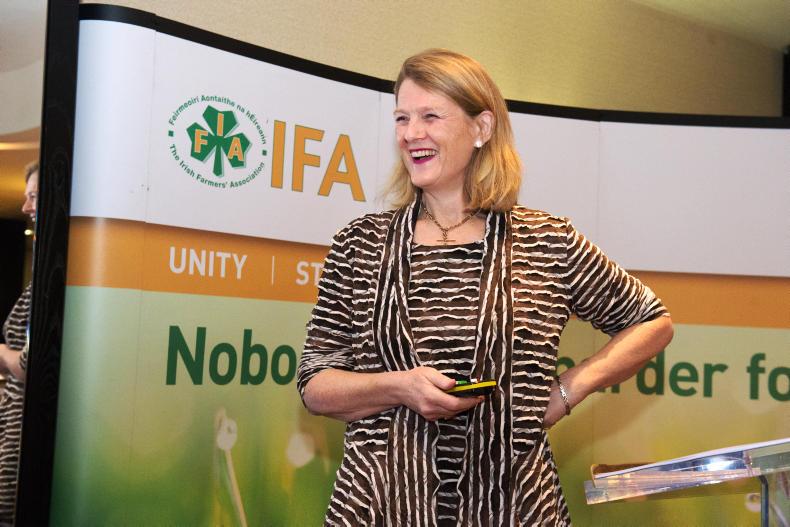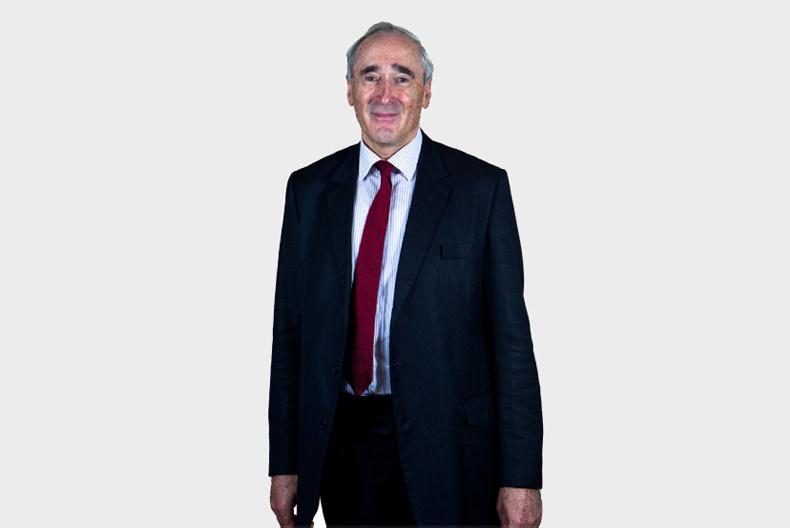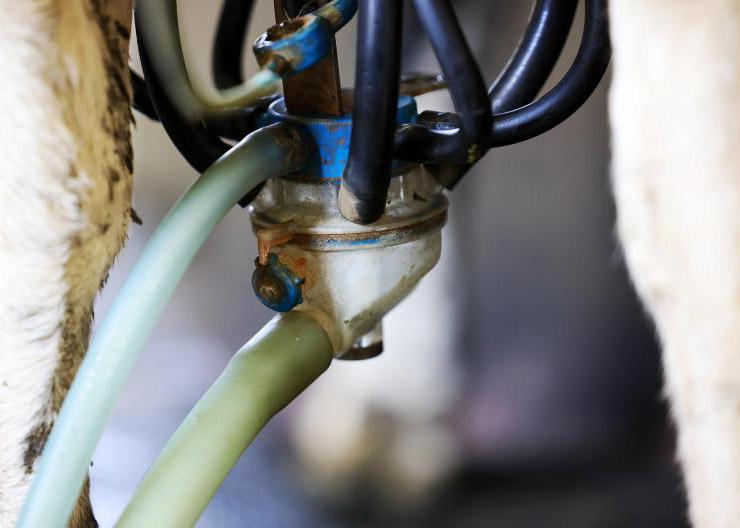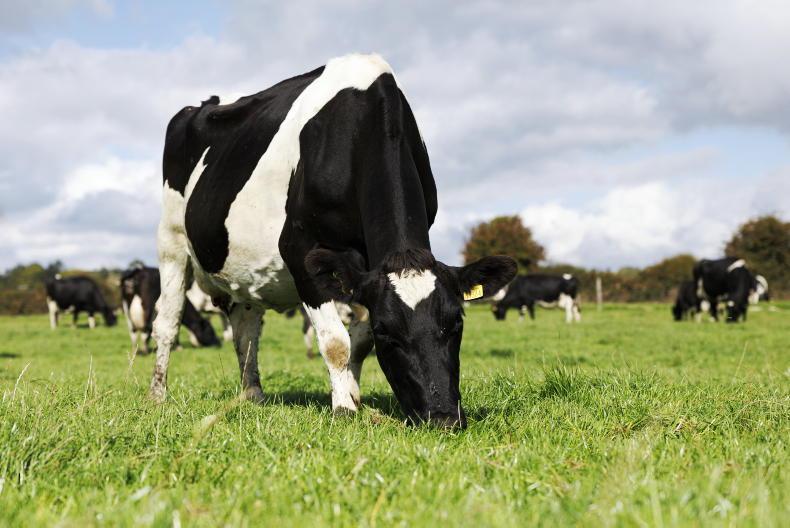The current Slovak presidency has made unfair trading practices (UTP) legislation one of its priorities and has widespread support in the European Parliament, but the Commission, while making positive noises, has still to come to a position.
European Commissioner for Agriculture Phil Hogan is awaiting the outcome of the task force he appointed which is expected towards the end of the year. President Juncker had been expected to mention it in his state of the union address but, while he referenced the importance of farmers, he didn’t get specific about legislation.
This week, UK MEP Richard Ashworth hosted a seminar in Brussels featuring Irish MEP Mairead McGuinness, who produced a report on UTPs that secured the approval of the Parliament with a massive vote. The panel also included Christine Tacon, Grocery Code Adjudicator (GCA) in the UK; Meurig Raymond, president of the National Farmers Union (NFU), England and Wales; plus Jan Verlaak, who works as an adviser to a Belgian political grouping.
Mairead McGuinness
Mairead McGuinness compared the power in food production to the scene in The Lion King where the lion confronted the mouse. She said the consolidation in the retail sector had created an imbalance of power, and the Commission were now under a political mandate not to ignore this issue.
She told the meeting that Commissioner Hogan is expected to do something in the new year after his task force reports. She said the discussion wouldn’t be taking place if it hadn’t been for the report on which she was Rapporteur securing a massive endorsement from MEPs in Parliament.
Christine Tacon GCA, UK
Christine Tacon explained the long road the UK had travelled in her appointment, beginning with two inquiries, the putting in place of a code and resistance by supermarkets to her appointment. It was legislated for and, after a period in office without power, she finally assumed the full role in 2014.
The appointment coincided with an investigation into Tesco, where it was found accounts were being manipulated to maximise profits published. The GCA investigation of Tesco cost the company £1m and took 11 months to complete. She advised that much of her work is undertaken in a collaborative manner, with the large retailers anxious to cooperate such is the threat of a formal investigation.
It doesn’t tackle the thorny issue of price, which is foremost in the minds of farmers
She was anxious to highlight that the UK groceries code had limited benefit for farmers. Firstly, it only applies to the relationship between the supermarkets and their immediate suppliers and doesn’t go further back in the chain. It also doesn’t tackle the thorny issue of price, which is foremost in the minds of farmers. That, she said, is purely a matter of negotiation between supplier and customer and it is up to each one to find out what the others limit is.
She did, however, say the operation of the code and her role as adjudicator had somewhat changed the culture in the UK. Previously suppliers who had engaged with her admitted they were bullied by supermarkets and they in turn passed that on down the chain to their suppliers. With supermarket behaviour in the UK improved, she senses that a better culture and relationship management has moved down the chain as well. With price being the thorny issue for farmers she couldn’t see a clear benefit of extending her brief beyond where it is at present.
Farmer view
NFU president Meurig Raymond strongly supported the call for EU legislation and told the meeting how COPA, the EU-wide farmer representative body of which the NFU and IFA are both members, is also a strong supporter of this. He was of the view that an independent enforcement office across the EU was necessary, so that not just national suppliers but, for example, UK suppliers to the rest of the EU needed cover as well. This view met with the approval of IFA president Joe Healy, who contributed to the debate from the floor.

Next steps
This event was put together by a single MEP who assembled a strong panel to refocus on the issue of unfair trading practices. It comes after the McGuinness report put the issue centre stage in the Parliament and coincides with a key objective of the Slovak presidency. The Commission appears to be leaning towards legislation but the position won’t become clear until after Commissioner Hogan’s task force reports towards the end of the year. Part of the difficulty is the danger that legislation won’t address the issues which trouble farmers across Europe the most – price volatility and weak prices across many commodities.
Read more
Slovak presidency focuses on unfair trading practices
The current Slovak presidency has made unfair trading practices (UTP) legislation one of its priorities and has widespread support in the European Parliament, but the Commission, while making positive noises, has still to come to a position.
European Commissioner for Agriculture Phil Hogan is awaiting the outcome of the task force he appointed which is expected towards the end of the year. President Juncker had been expected to mention it in his state of the union address but, while he referenced the importance of farmers, he didn’t get specific about legislation.
This week, UK MEP Richard Ashworth hosted a seminar in Brussels featuring Irish MEP Mairead McGuinness, who produced a report on UTPs that secured the approval of the Parliament with a massive vote. The panel also included Christine Tacon, Grocery Code Adjudicator (GCA) in the UK; Meurig Raymond, president of the National Farmers Union (NFU), England and Wales; plus Jan Verlaak, who works as an adviser to a Belgian political grouping.
Mairead McGuinness
Mairead McGuinness compared the power in food production to the scene in The Lion King where the lion confronted the mouse. She said the consolidation in the retail sector had created an imbalance of power, and the Commission were now under a political mandate not to ignore this issue.
She told the meeting that Commissioner Hogan is expected to do something in the new year after his task force reports. She said the discussion wouldn’t be taking place if it hadn’t been for the report on which she was Rapporteur securing a massive endorsement from MEPs in Parliament.
Christine Tacon GCA, UK
Christine Tacon explained the long road the UK had travelled in her appointment, beginning with two inquiries, the putting in place of a code and resistance by supermarkets to her appointment. It was legislated for and, after a period in office without power, she finally assumed the full role in 2014.
The appointment coincided with an investigation into Tesco, where it was found accounts were being manipulated to maximise profits published. The GCA investigation of Tesco cost the company £1m and took 11 months to complete. She advised that much of her work is undertaken in a collaborative manner, with the large retailers anxious to cooperate such is the threat of a formal investigation.
It doesn’t tackle the thorny issue of price, which is foremost in the minds of farmers
She was anxious to highlight that the UK groceries code had limited benefit for farmers. Firstly, it only applies to the relationship between the supermarkets and their immediate suppliers and doesn’t go further back in the chain. It also doesn’t tackle the thorny issue of price, which is foremost in the minds of farmers. That, she said, is purely a matter of negotiation between supplier and customer and it is up to each one to find out what the others limit is.
She did, however, say the operation of the code and her role as adjudicator had somewhat changed the culture in the UK. Previously suppliers who had engaged with her admitted they were bullied by supermarkets and they in turn passed that on down the chain to their suppliers. With supermarket behaviour in the UK improved, she senses that a better culture and relationship management has moved down the chain as well. With price being the thorny issue for farmers she couldn’t see a clear benefit of extending her brief beyond where it is at present.
Farmer view
NFU president Meurig Raymond strongly supported the call for EU legislation and told the meeting how COPA, the EU-wide farmer representative body of which the NFU and IFA are both members, is also a strong supporter of this. He was of the view that an independent enforcement office across the EU was necessary, so that not just national suppliers but, for example, UK suppliers to the rest of the EU needed cover as well. This view met with the approval of IFA president Joe Healy, who contributed to the debate from the floor.

Next steps
This event was put together by a single MEP who assembled a strong panel to refocus on the issue of unfair trading practices. It comes after the McGuinness report put the issue centre stage in the Parliament and coincides with a key objective of the Slovak presidency. The Commission appears to be leaning towards legislation but the position won’t become clear until after Commissioner Hogan’s task force reports towards the end of the year. Part of the difficulty is the danger that legislation won’t address the issues which trouble farmers across Europe the most – price volatility and weak prices across many commodities.
Read more
Slovak presidency focuses on unfair trading practices












SHARING OPTIONS